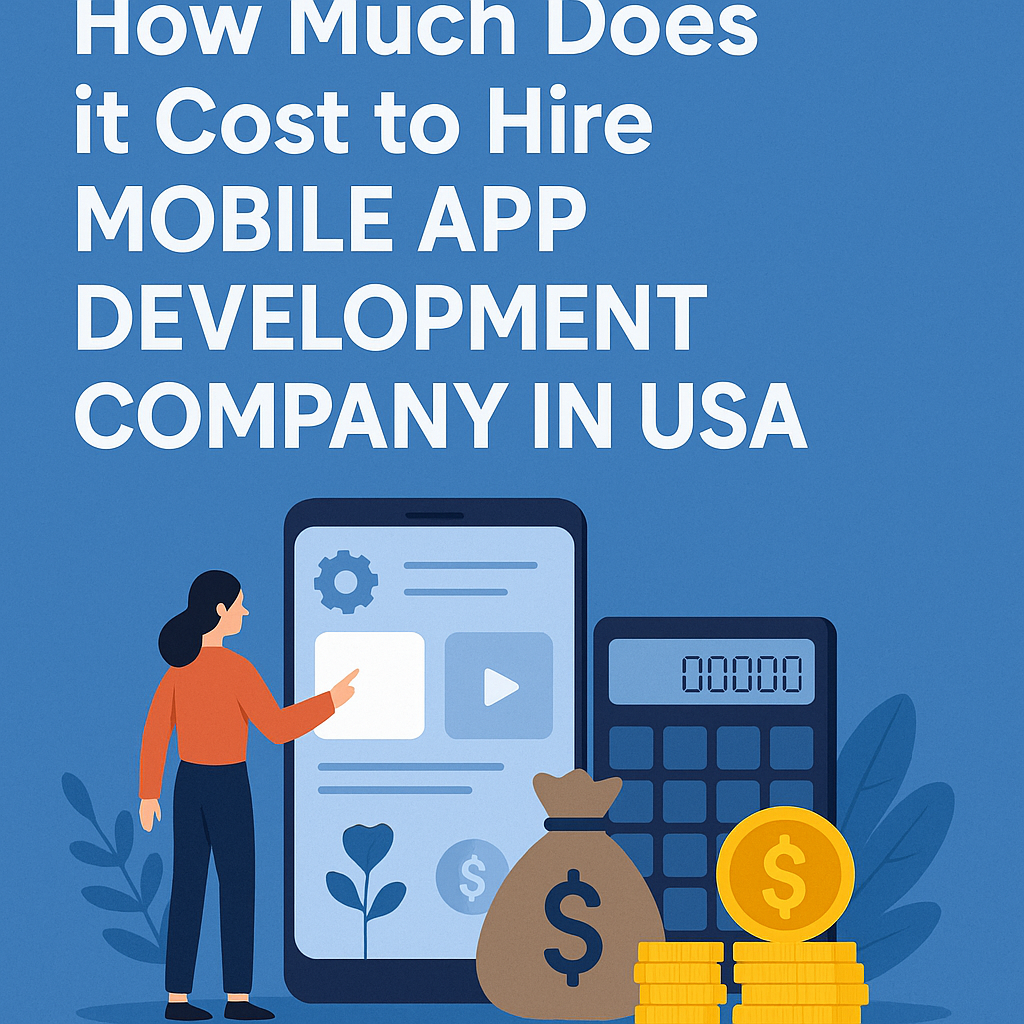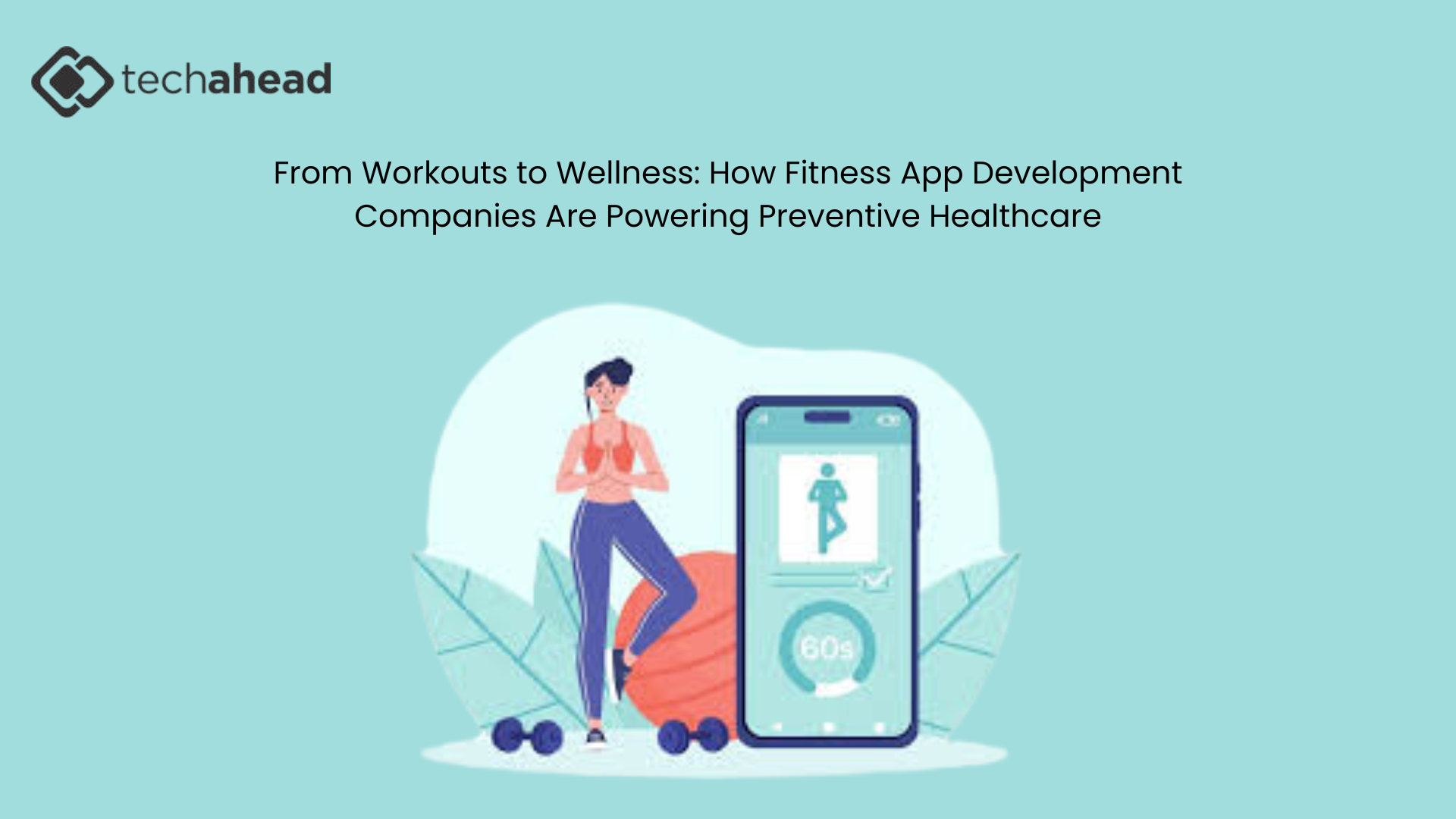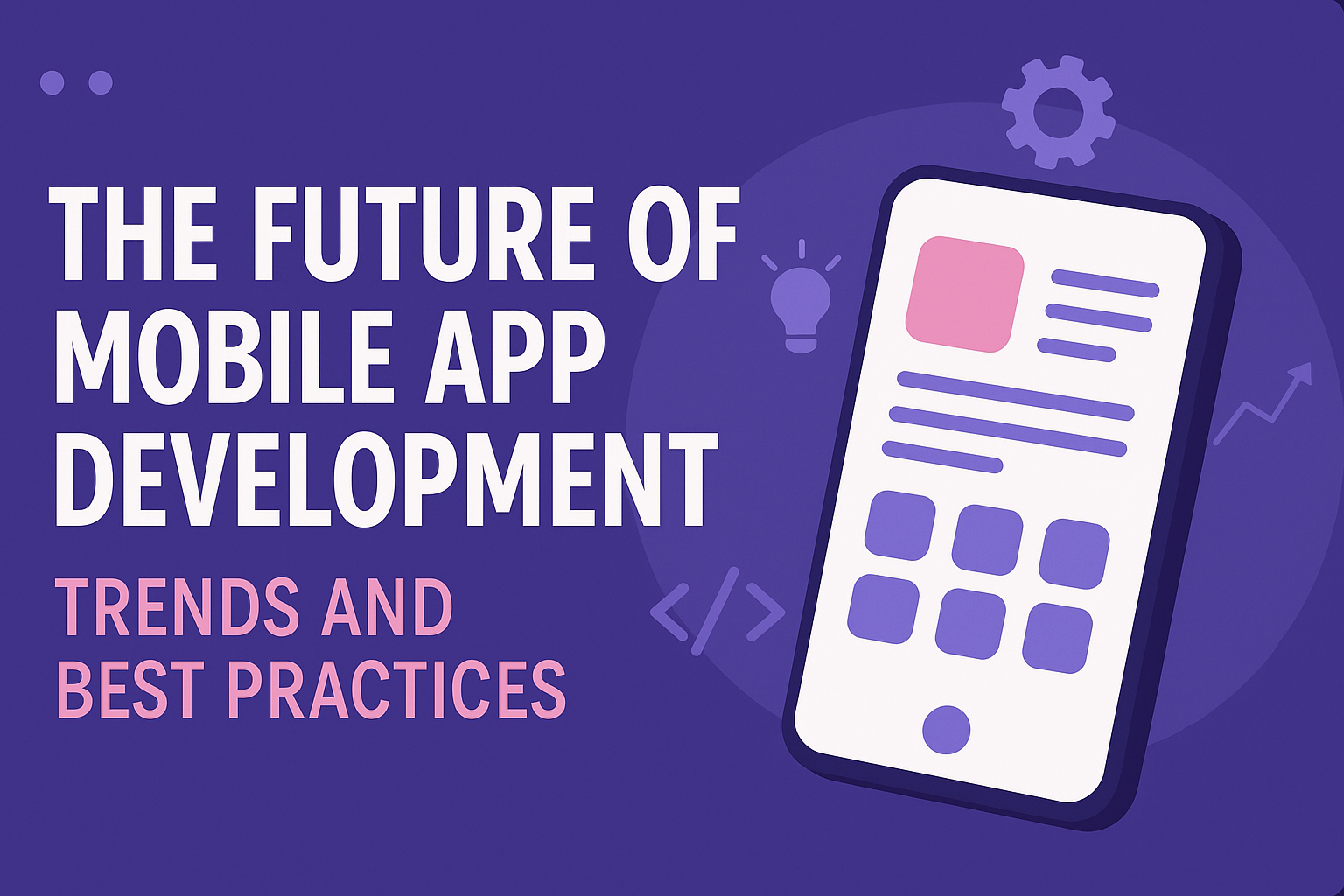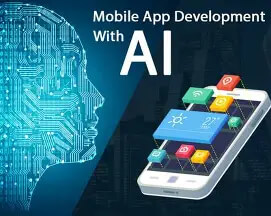How Blockchain is Revolutionizing Mobile App Development in 2025

In the fast-evolving landscape of mobile app development, emerging technologies are shaping the future of digital interactions. Among these, blockchain has emerged as a game-changing force, enhancing security, transparency, and efficiency in mobile applications. In 2025, blockchain technology is playing a pivotal role in transforming mobile app development, making apps more decentralized, trustworthy, and innovative. This blog explores how blockchain is revolutionizing mobile app development and what it means for businesses and users.
✍️ If you’re exploring app monetization strategies, our app development guide explains how in-app ads, subscriptions, and one-time purchases can be integrated effectively.
What is Blockchain Technology?
Blockchain is a decentralized, distributed ledger that records transactions across multiple computers in a secure, immutable, and transparent manner. Unlike traditional databases, blockchain eliminates intermediaries, providing direct peer-to-peer interactions. This technology is widely known for powering cryptocurrencies like Bitcoin and Ethereum, but its applications extend far beyond digital currencies. To harness the full potential of blockchain, partnering with a Blockchain app development company can ensure the seamless integration of this transformative technology into your business solutions, making them more secure, efficient, and transparent.
How Blockchain is Transforming Mobile App Development
1. Enhanced Security and Data Privacy
Security is a primary concern in mobile app development, given the rising cases of cyber threats and data breaches. Blockchain offers decentralized data storage, cryptographic encryption, and secure access protocols, making mobile applications resistant to hacking attempts. Features like private keys, digital signatures, and multi-factor authentication further enhance data protection, providing users with greater control over their personal information.
2. Decentralized Applications (DApps)
Traditional mobile applications rely on centralized servers, making them vulnerable to downtime, security breaches, and censorship. Blockchain-based decentralized applications (DApps) run on distributed networks, reducing reliance on single points of failure. DApps ensure greater security, transparency, and resistance to censorship, enabling industries such as finance, healthcare, and social media to develop more robust applications.
3. Transparent and Trustworthy Transactions
Blockchain’s immutable ledger ensures that all transactions recorded are transparent and tamper-proof. This feature is particularly beneficial for mobile apps in sectors like finance, supply chain management, and e-commerce, where trust and authenticity are critical. Smart contracts—self-executing contracts with predefined conditions—eliminate the need for intermediaries, ensuring secure and automated transactions.
4. Faster and Cost-Effective Payments
Mobile applications integrating blockchain technology can facilitate seamless and cost-effective payment solutions. Traditional payment systems involve intermediaries such as banks and payment gateways, resulting in high transaction fees and delays. Blockchain-powered payment systems offer near-instant transactions at a lower cost, making cross-border payments more efficient. Cryptocurrencies and stablecoins are also becoming popular payment options within mobile apps.
5. Tokenization and Reward Systems
Many mobile apps now incorporate blockchain-based tokenization to enhance user engagement and monetization strategies. Through the use of digital tokens, businesses can create loyalty programs, reward users for engagement, and even introduce in-app economies. Gaming apps, fitness apps, and e-learning platforms are leveraging tokenization to offer incentives, making interactions more rewarding for users.
6. Enhanced App Monetization Strategies
With blockchain, developers and businesses can explore new monetization models beyond traditional in-app purchases and advertisements. Blockchain enables peer-to-peer microtransactions, allowing users to pay for premium features without relying on centralized payment processors. Content creators can also benefit from decentralized revenue-sharing models, ensuring fair compensation without middlemen taking hefty commissions.
7. Supply Chain and Logistics Management
For mobile apps focused on supply chain management, blockchain provides unmatched transparency and traceability. Every transaction in the supply chain is recorded on a secure ledger, allowing users to track products from the point of origin to the final consumer. This reduces fraud, enhances trust, and improves operational efficiency for businesses.
8. Healthcare and Data Security
Healthcare mobile apps are increasingly utilizing blockchain to secure sensitive medical records. Blockchain ensures that patient data is securely stored and accessible only to authorized parties. Additionally, it facilitates interoperability among healthcare providers, reducing errors and streamlining patient care. Patients can have full control over their health records, ensuring privacy and security.
9. Identity Management and Authentication
Mobile apps dealing with identity verification and authentication can benefit greatly from blockchain’s decentralized identity management system. Instead of relying on traditional password-based authentication, blockchain enables secure and tamper-proof identity verification using digital IDs. This eliminates risks associated with password breaches and identity theft.
Recommended to Read: How to develop Blockchain apps.
Challenges of Blockchain in Mobile App Development
While blockchain offers numerous advantages, integrating it into mobile applications also presents challenges:
Scalability Issues: Blockchain networks can face limitations in handling a high volume of transactions, leading to slower processing times.
Regulatory Concerns: Governments and regulatory bodies are still working on establishing legal frameworks for blockchain-based applications.
Complexity in Implementation: Developing blockchain-based mobile apps requires expertise in cryptographic algorithms, smart contracts, and distributed networks.
Energy Consumption: Some blockchain networks, especially those based on Proof of Work (PoW), consume significant energy, raising sustainability concerns.
Future of Blockchain in Mobile App Development
As blockchain technology continues to evolve, its impact on mobile app development is expected to grow further. Some key trends that will shape the future include:
Integration with Artificial Intelligence (AI): AI and blockchain will work together to enhance automation, data security, and predictive analytics in mobile applications.
Growth of DeFi (Decentralized Finance) Apps: DeFi apps will continue to revolutionize financial transactions, offering users decentralized lending, borrowing, and investment opportunities.
NFT-Based Mobile Applications: Non-fungible tokens (NFTs) will play a crucial role in gaming, digital art, and content monetization apps.
Cross-Chain Interoperability: Future blockchain developments will focus on cross-chain compatibility, allowing seamless interaction between different blockchain networks.
Sustainable Blockchain Solutions: More energy-efficient blockchain protocols will emerge to address concerns about environmental impact.
Conclusion
Blockchain technology is reshaping the mobile app development landscape, offering enhanced security, transparency, and efficiency. As businesses and developers continue to explore its potential, blockchain-powered mobile applications will become more prevalent across industries. Whether it’s through secure transactions, decentralized applications, or innovative monetization models, blockchain is set to revolutionize the way mobile apps operate in 2025 and beyond.
For businesses looking to stay ahead in the competitive mobile app market, integrating blockchain into their applications can provide a strategic advantage. As technology continues to evolve, we can expect even more groundbreaking use cases for blockchain in mobile app development, paving the way for a more decentralized and secure digital future. When considering this innovation, it’s also important to assess How much does it cost to build a blockchain app, ensuring a clear understanding of the investment required for successful integration.
Note: IndiBlogHub features both user-submitted and editorial content. We do not verify third-party contributions. Read our Disclaimer and Privacy Policyfor details.







